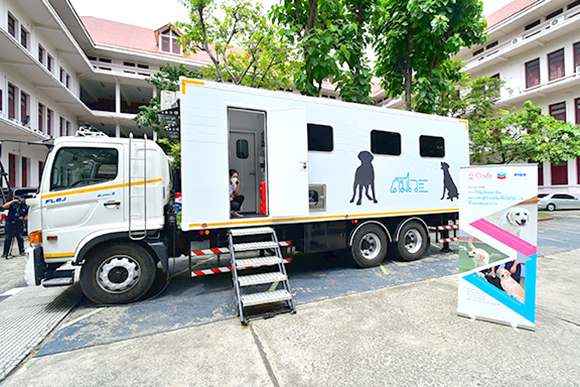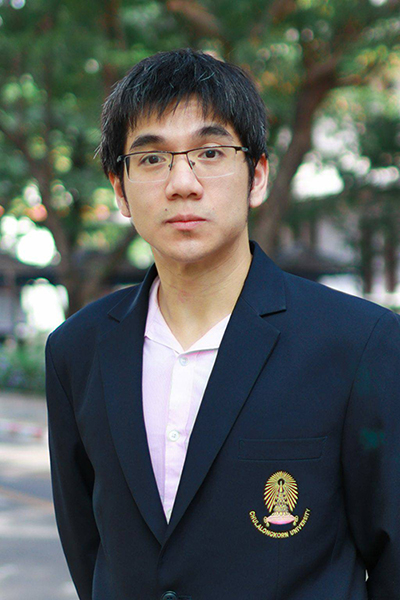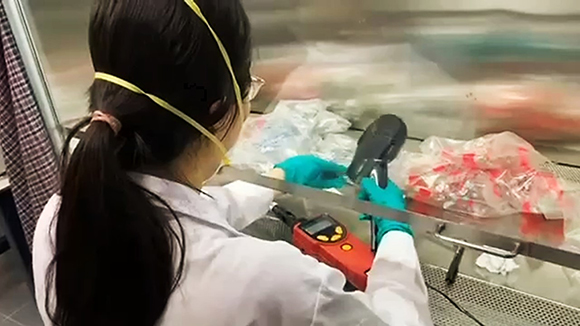The Faculty of Pharmacy, Universiti Teknologi Malaysia, Malaysia, successfully organized a webinar on ‘Traditional & Complementary Medicine (T&CM): The Relevance of T&CM Practices in Malaysia and Indonesia’.
This first-ever webinar on T&CM was conducted as one of the online teaching methods for an elective course on Traditional & Complementary Medicine (PHC661) at the faculty.
This webinar was initially targeted at students registered for the course and aimed at allowing them to learn more from the experts; however, the organizers were pleasantly surprised when more than 500 participants, comprising of academicians, research scholars and students from both Malaysia and Indonesia, attended the webinar. The great interest and support shown by the attendees have indeed marked this event as a huge success.
The 3.5-hours webinar began with the opening speech by the Dean of the Faculty of Pharmacy, UiTM, Associate Professor Dr Shariza Sahudin, followed by talks from three distinctive speakers. The first talk was given by Dr Dyanan Puvanandran, the Secretary of the Traditional & Complementary Medicine Council, from the Ministry of Health, Malaysia.
Dr Dyanan’s talk was on the topic of ‘Law & Regulation/Acceptance of T&CM in the Modern Health System’, which emphasizes law & policymaking and its enforcement on T&CM in Malaysia.
The second speaker was Associate Professor Dr Mahaneem Mohamed, a Senior Medical Lecturer at the Unit of Integrative Medicine & Department of Physiology, School of Medical Sciences, Universiti Sains Malaysia (USM) Health Campus, Malaysia.
Dr Mahaneem shared the current practices and challenges in T&CM in Malaysia. Meanwhile, the final speaker for the webinar was Prof. Dr Edy Meiyanto, a Professor at the Department of Pharmaceutical Chemistry, Faculty of Pharmacy, Universitas Gadjah Mada, Indonesia. Prof. Edy’s talk title was ‘Herbal Therapy as Adjunct Treatment for Cancer’, where he shared a lot of the ongoing and completed research work on cancer and herbs & other natural products at the Universitas Gadjah Mada.
T&CM although existed and been practised ages ago, is still not widely used and fully developed in Malaysia as well as Indonesia. According to the National Health and Morbidity Survey, 2015, less than 30% of the Malaysian population had ever sought any T&CM services. Thus, in order for the T&CM practices to reach a wider range of population, the Malaysian government established the T&CM division under the Ministry of Health in selected government hospitals that encourage the practice to co-exist with modern medicine.
The discussion also highlighted some of the challenges towards implementing the T&CM practices in Malaysia that include ensuring effective implementation of the T&CM Act 2016 and the introduction to statutory regulation of T&CM practitioners, lack of trained personnel, inadequate training facilities and appropriate mechanism to register T&CM without formal training.
The overwhelming response from the attendees was also translated into their active participation in the question and answer session at the end of each talk. The two-way communications with the speakers have turned the whole webinar into a more engaging and informative session.








.jpg)



.png)




